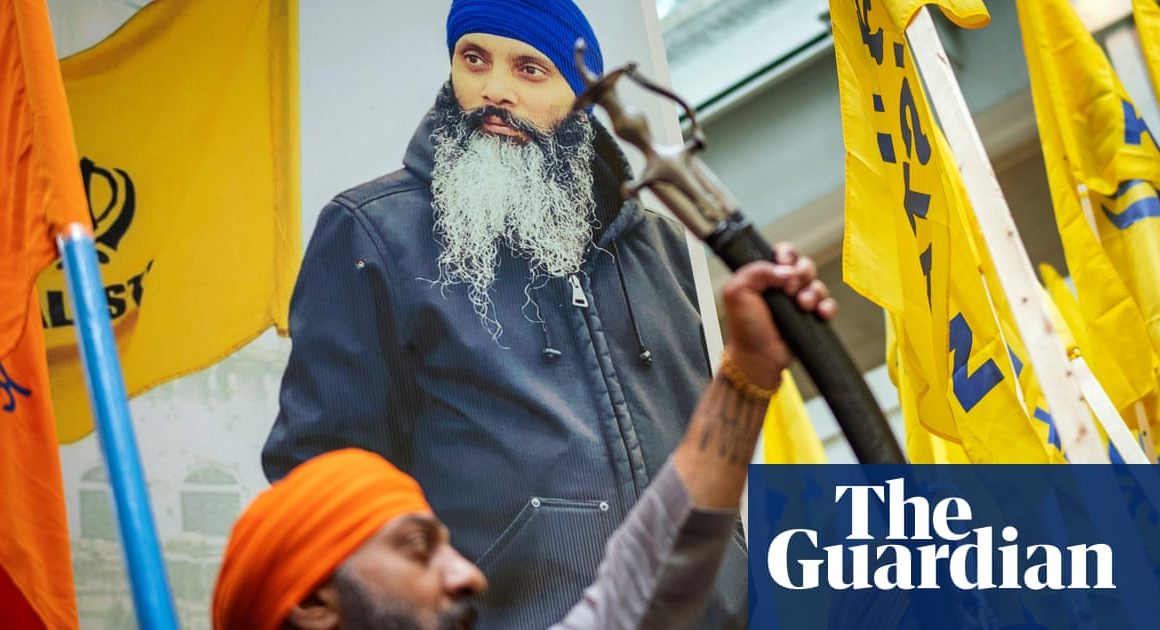If one town could be emblematic of the vicissitudes of blue-collar life in America, Springfield, Ohio, might be as good a pick as any. At the heart of the midwest, Springfield’s prosperity was built on manufacturing and publishing. But its decline began early. The giant Crowell-Collier publishing plant closed on Christmas Eve 1956. Three decades later, in 1983, Newsweek dedicated a whole issue to Springfield. Entitled “The American Dream”, it concluded sadly that “The times have not been hospitable to dreaming”.
The years that followed proved even less hospitable as manufacturers deserted the town and wages plummeted. A 2016 Pew Research report found that Springfield had lost more high-income earners and gained more low-income earners than any other metropolitan area in America. The town became stalked by the diseases of despair that now haunt many other post-industrial working-class communities, from soaring alcohol and opioid addiction to rising numbers of suicides.
Then, a decade ago, the city council crafted a programme to draw in new employers, including food-service firms and logistics companies, an Amazon warehouse and a microchip maker. Thousands of new jobs were created, though most remained poorly paid. The problem now became not too few jobs for the workers, but too few workers for the jobs. And, so, migrants came in to fill the gap, mainly Haitians living legally elsewhere in America.
The influx of migrants helped revive a dying city. It also created tensions, as access to housing and health services became more strained. Racist and far-right groups seized upon the issue, attempting to turn tension into hatred with talk of an “invasion” destroying the town. The claims became ever wilder, leading eventually to denunciations of Haitians for eating people’s pet dogs and cats, a claim turned into a national issue by Donald Trump in his presidential debate with Kamala Harris last week. “In Springfield, they’re eating the dogs,” Trump said. “The people that came in. They’re eating the cats.” Even before Trump’s outburst, leading Republicans, including the vice presidential candidate JD Vance, Texas senator Ted Cruz, the House judiciary GOP and Trump supporters such as Elon Musk, had all perpetuated the myth, giving it legitimacy. Many, including Musk, have pushed another far-right conspiracy theory that the Democrats are deliberately “importing millions of illegal immigrants” as voting fodder to entrench “single party rule”.
The case of Springfield could have been an occasion for a fruitful debate about the policies and resources needed both to encourage economic growth and to absorb large numbers of outsiders; a debate about how to create decent jobs with decent wages and how to assuage pressures on social infrastructure. Instead, mainstream politicians and public figures have used it to sponsor sordid far-right conspiracy theories and urban myths, and to fuel racist hatred. Conservatives often claim that the public are denied a debate about immigration. But given the opportunity for such a debate, many prefer to display their bigotry than engage in reasoned discussion.
The debate over Springfield also illustrates the continuing “memeification” of politics – the turning of politics more into a collection of signals and symbols than discussions of content or policy. Trump has always insisted on dragging politics into the gutter. He is only able to do so, though, because the desire to feed the outrage machine rather than engage in nuanced discussion has become such an integral feature of politics.
This is a characteristic not merely of American politics. As far as I know no British politician has accused asylum seekers of eating pets, but mainstream politicians routinely regurgitate far-right conspiracy theories such as “the great replacement” and fears of whites losing their homeland. Policymaking, such as the now-abandoned Rwanda deportation scheme, is often designed to be more performative than practical.
after newsletter promotion
Nor is it just with immigration that signalling has become all-important. Rachel Reeves’s “iron chancellor” shtick, for example, and Labour’s refusal to back down over, or even ameliorate, the removal of the winter fuel allowance from all apart from those on pension credits, stems from a desire to signal toughness on economic policy even at the cost of leaving millions of pensioners shivering. Symbolism and signalling has always been part of politics. Today, though, it often seems as if it is politics. The meme has become the message. And, when that happens, the tribal affiliations you want to display or the symbolism you want to pitch become ever more important, and the signalling ever less restrained.
In Springfield, despite the town’s Republican mayor and Ohio’s Republican governor both calling out the falsehoods about Haitians, many not just continued with the lies but doubled down upon them. At an election rally in Tucson, Arizona, on Friday, Trump denounced “illegal Haitian migrants taking over a beautiful place” and decried “young American girls being raped and sodomised and murdered by savage, criminal aliens”, ratcheting up the rhetoric and unashamedly feeding deep-seated racist myths and fears. Feeding the outrage machine has inevitable consequences. Springfield’s city hall and two schools with large numbers of Haitian children had to be evacuated last week after bomb threats which “used hateful language towards immigrants and Haitians in our community”.
Shortly before the presidential debate, Nathan Clark spoke at a Springfield city commission meeting. Clark’s 11-year-old son, Aiden, was killed last August when his school bus was hit by a minivan driven by a Haitian migrant, Hermanio Joseph, who has since been convicted of involuntary manslaughter and imprisoned for a minimum of nine years. It was a terrible tragedy, and one of the few crimes thrown at Haitian migrants in Springfield that is true. Clark began his speech with what might seem a shocking comment: “I wish that my son was killed by a 60-year-old white man.” Why? Because then “the incessant group of hate-spewing people would leave us alone”. For Clark, the tragedy of his son’s death had been magnified by “morally bankrupt politicians” using his son to “vomit all the hate” about Haitians. “Please stop the hate,” he beseeched.
Clark’s speech showed not just that many people in Springfield are not as the bigots would wish to portray them, but also that even amid a personal tragedy, it is possible to command extraordinary empathy and compassion that reaches out across the fissures of race and identity. If only our politics, too, could be imbued with such humanity and moral integrity.











